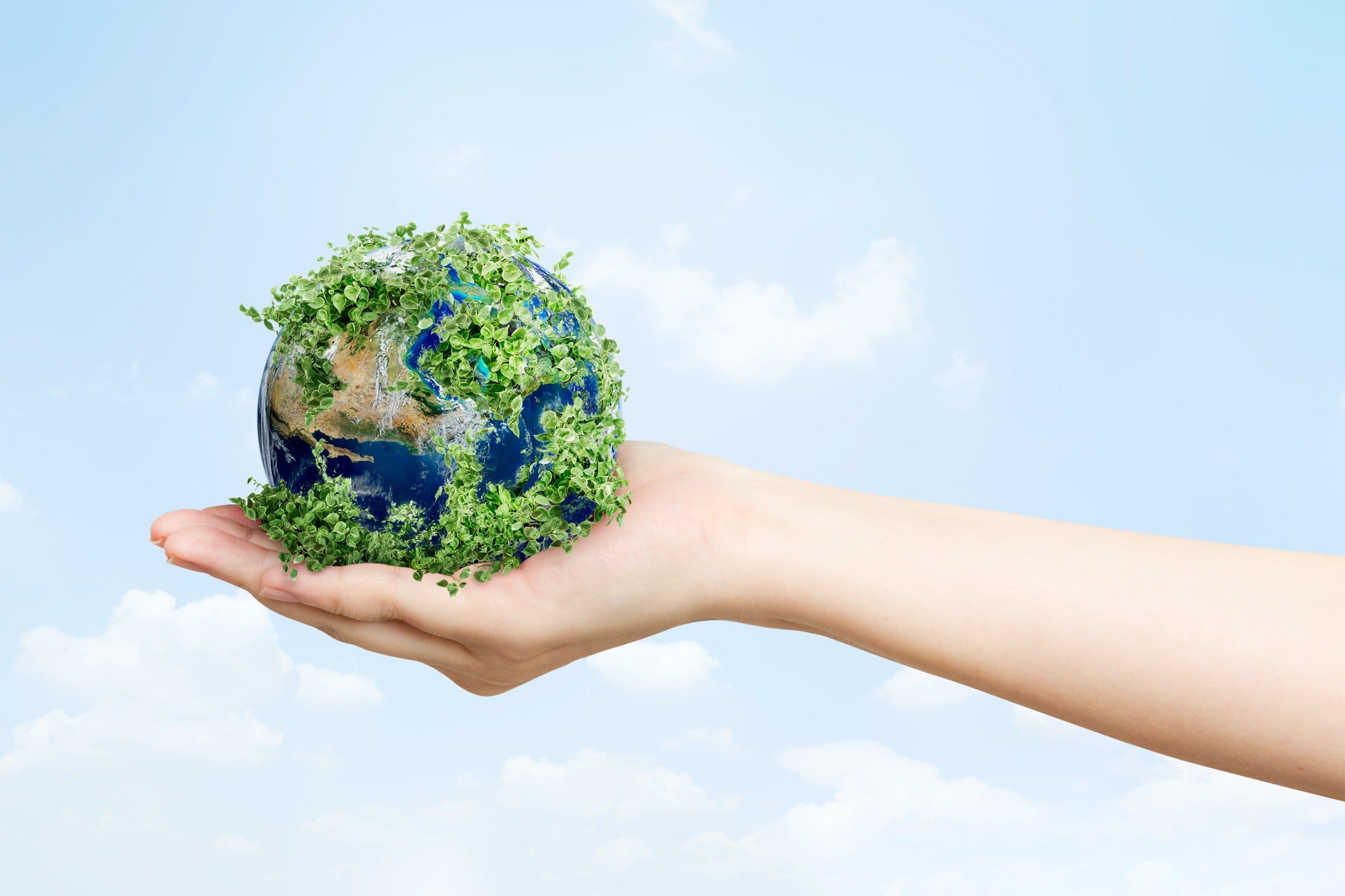
05/02/2024
Circular Economy: After all, what does an environmentalist do?
By Mariana Brizi, from Circular Movement
When we think of environmentalists, famous personalities, influencers, or political activists may come to mind. However, we can all be agents of socio-environmental change. We invite you to understand how!
If we consult the dictionary, we will find that an environmentalist is "a person who cares about the quality and protection of the environment." But in practice, it is not so simple to define because nuances, different perspectives, and even some conflicts of interest arise.
So, after all, what do we need to know and do to become environmentalists? We asked this question to Paola Romero, from the Latin America and Caribbean Environmental Funds Network (RedLAC), an international community of environmental funds that helps us reflect on this concept from Mexico, starting with a definition: "They are different individuals, groups, organizations, and/or companies that identify an environmental problem and, moreover, take action to solve it. For example, in RedLAC, we created an environmental investment fund that aimed to identify problems related to access to food, and over time, this led to restoration projects. Because the work, when we engage in a topic, gives us an international perspective on the matter, allowing us to create a network where we exchange knowledge."
It is essential that environmentalists act through mobilization fronts and, in addition to identifying needs, connect with people who share these interests and create ways to exchange ideas and knowledge, and also be drivers of concrete changes. Action is fundamental. This is the main path of activism, no matter where each person comes from.
According to Paola Romero, the question that unites environmentalists is: What can I do, from my place, to contribute to a cause or address an environmental problem? Because, as she explains, "every environmentalist is someone who understands the relationship between nature and people. And who understands that we are talking about the environment for life, and that if we can identify a cause, we can work for change."
The environment is, above all, a relational fact: resources, surroundings, and communities in which everything that happens impacts people. If we can understand this cyclical and constant interrelation, we can advance and achieve substantial improvements.
The environment is the foundation of everything. It houses essential resources and a multitude of living beings. These elements are in constant interaction, forming a dynamic and complex whole. It is crucial to understand that the human being is part of this whole and is not oblivious to the consequences of their own choices and actions. Being an environmentalist, therefore, is to see oneself as part of the whole and act, within each possibility and reality, to preserve it for present and future generations.
What unites us and what sets us apart?
Just as there is no single way to commit to a goal, there is also no single way to be a protagonist of socio-environmental change. "It is true that there may be conflicts of interest, depending on the perspective we consider when thinking about environmentalists. Perhaps there are groups committed to sustainability in the production of a product, and others that focus on raw material extraction that precedes the entire production process. But, in any case, being well-informed is fundamental to be able to take assertive actions," explains Romero, adding that "when we do not have a global understanding of reality, sometimes we see some phenomena, such as food shortages or floods, but we do not get to know their origin. This is especially seen in Mexico, and that is why access to knowledge is so important."
In addition, Paola Romero invites us to think about a key difference when becoming environmentalists. It is about considering the approach and origin. "In the environmental spectrum, there are different problems ranging from the ecosystemic part to the industrial part, and each individual can be part of the solution in any small focus or cut of the problem, from which he can or feels capable of contributing," but also, the expert points out, we can differentiate the origin of this environmentalist: "we must consider whether their origin is political, national, or international... Because this will allow us not to lose sight of whether the solutions we are seeking are truly applicable and viable, regardless of the context and local political situation."
For example, Romero points out that the focus of RedLAC is resource conservation, that is their line of work. And although there are local nuances that need to be known, maintaining this focus allows them to work towards comprehensive and global solutions.
"For 30 years, we have been working with local organizations, communities, municipalities, among others, and with all of them, we partner to discuss projects: organic agriculture, ecosystem restoration, species protection, and much more. But we want to go further and connect with private companies, to join environmental efforts with an educational focus," they detail in RedLAC.
This vision of integration and the search for partnerships begins with education and permeates any stage we find ourselves in as environmentalists: "sometimes, fundamental concepts like what conserving resources means are not well understood, and our mission is to work with an international vision that allows us to strengthen our knowledge and work together with Latin America, which has similar problems," explains Romero.
When we asked Romero for recommendations on how to become better environmentalists, the answer was an invitation to:
- Use networks as a means to enhance actions;
- Open spaces for environmental education and volunteering;
- Approach and strengthen environmentalist groups;
- Contribute knowledge.
"Making more people interested in environmental issues should be our goal for 2024. Because, unfortunately, many still ignore the problems, and we all have the solution in our hands," summarizes RedLAC.
About the Circular Movement
Created in 2020, the Circular Movement is a collaborative ecosystem dedicated to encouraging the transition from a linear to a circular economy. The idea that every resource can be reused and transformed is the motto of the Circular Economy, the movement's core concept. The Circular Movement is an open initiative that promotes collaborative spaces with the goal of informing people and institutions that a future without waste is possible through education and culture, the adoption of new behaviors, inclusion, and the development of new processes, products, and attitudes.
And you? Want to learn more about the Circular Economy?
If you are interested in learning more about this topic, access the Circular Academy, the first free Latin American course on the Circular Economy aimed at the general public. Together, through partnership and collaboration, we can make a difference in building a more circular planet.


